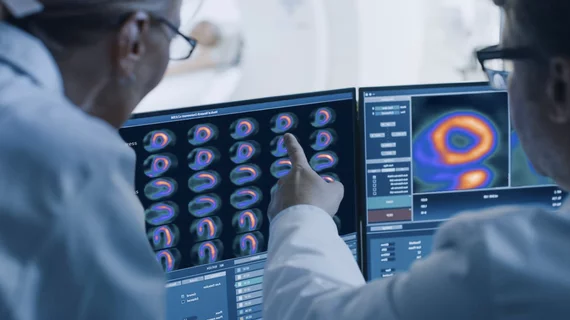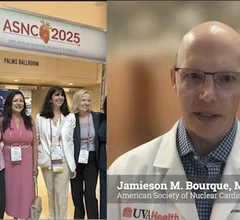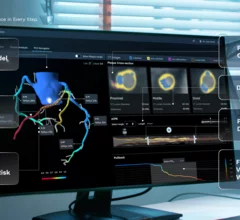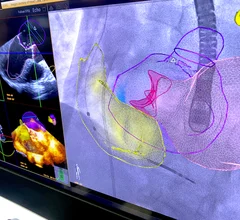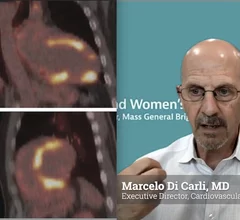Professional Associations
This page includes news coverage of medical associations and medical societies. Use these links to find focused news coverage from specific organizations: Cardiology Associations, Healthcare Associations, Radiology Associations.
Displaying 121 - 128 of 2494

![The use of intravascular lithotripsy (IVL) during percutaneous coronary intervention (PCI) is still safe and effective when patients present with calcified nodules (CNs), according to new long-term data published in EuroIntervention.[1] Researchers compared outcomes from patients with and without CNs, highlighting key similarities in stent expansion and luminal gain.](/sites/default/files/styles/top_stories/public/2024-12/screenshot_2024-12-02_at_11.07.21_am.png.webp?itok=YDi6SyF_)



